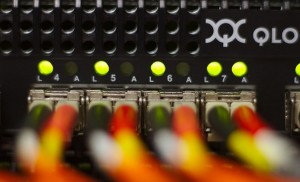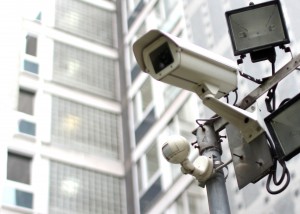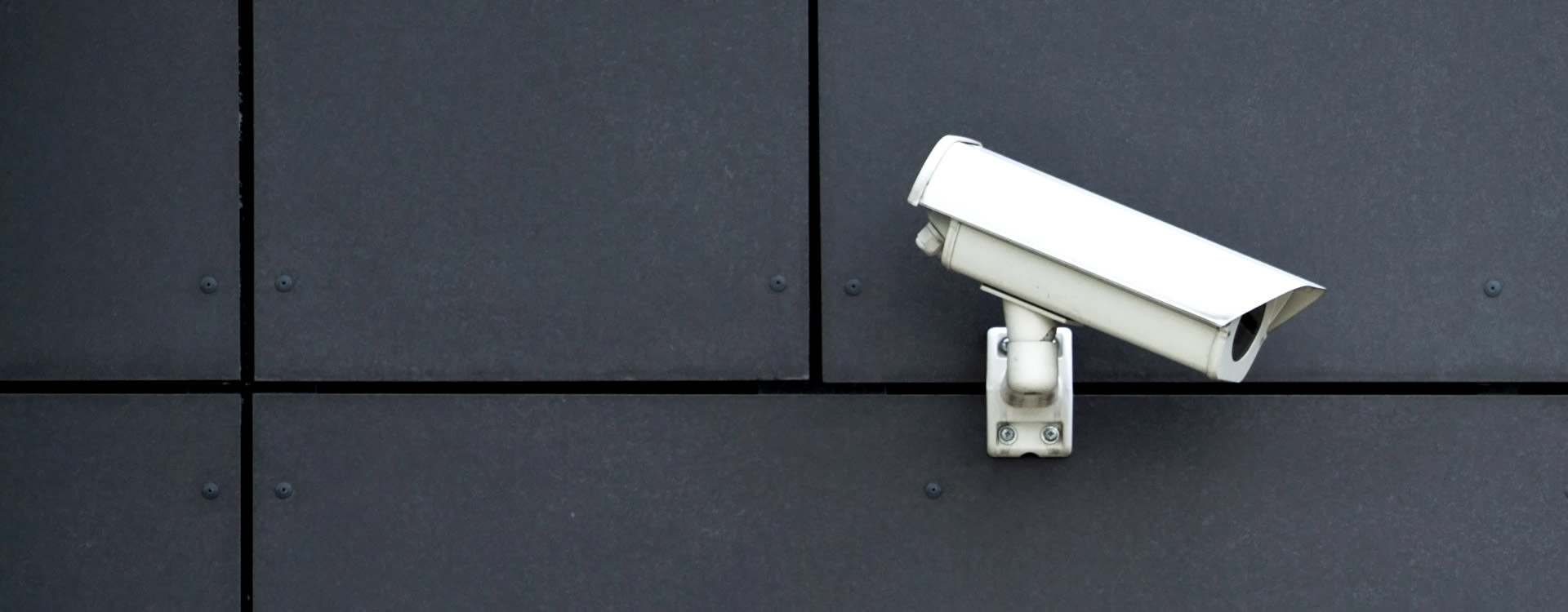 Maybe you’ve had a home security system installed years ago or perhaps you recently moved into a new home with an existing alarm system. Whatever the case, how can you tell if your home security system is still valid? There are some tell-tale signs that you may be dealing with an antiquated system. However, if you have a security system and are concerned it’s not as relevant as it once was the first thing you should do is contact your security system provider for an assessment. As a security systems expert, our professionals at Perfect Connections, Inc. understand the importance of maintaining a functional security system and keeping up with advancing technologies. Our team of professionals have been providing comprehensive and customized home security systems throughout northern and central New Jersey for the past 23 years. We can help assess the validity of your alarm system and offer solutions specific to your security needs.
Maybe you’ve had a home security system installed years ago or perhaps you recently moved into a new home with an existing alarm system. Whatever the case, how can you tell if your home security system is still valid? There are some tell-tale signs that you may be dealing with an antiquated system. However, if you have a security system and are concerned it’s not as relevant as it once was the first thing you should do is contact your security system provider for an assessment. As a security systems expert, our professionals at Perfect Connections, Inc. understand the importance of maintaining a functional security system and keeping up with advancing technologies. Our team of professionals have been providing comprehensive and customized home security systems throughout northern and central New Jersey for the past 23 years. We can help assess the validity of your alarm system and offer solutions specific to your security needs.
Maintaining an effective alarm system isn’t just about running annual tests, it’s making sure it progresses as you, your home, and technology press forward. It’s not like buying the newest IPhone just to keep up with trends, it’s making sure the technology you’ve invested in is providing the best protection. If you’ve had a security system for a while and can’t remember the last time the software was updated, or if updating isn’t even an option it might be time for an upgrade. Outdated software may leave you susceptible to hacking and viruses, plus you may not be getting the most out of your system. You don’t want to pay for a system that’s subpar right?
Another sign it might be time for an assessment or system upgrade is the dependence on a singular keypad for control. In today’s fast-paced world we often have the need for convenience. Is it convenient to have to drive home from work because you forgot to arm your security system? Is it convenient to have to make it to the security keypad to punch in your pin while your arms are chalk-full of groceries? No, so why not look into interactive services or home automation? With home automation you no longer have to worry about forgetting to arm or disarm your system because you can do it from your mobile device from virtually anywhere. You could access your surveillance system through an app on your mobile device, allowing you to view what is going on real-time at home. Other advantages to an interactive system is the ability to adjust your thermostat and lighting from afar. As Alarm.com puts it, “Using a smartphone to manage an interactive home security system is like having a remote control for the system right in your pocket.” This added technology will save you time, money, and lots of headaches.
How was your security system originally installed? Was it hardwired? While there is nothing necessarily wrong with a hardwired system it’s important to consider current technology benefits and how your system compares. Just as our phones have become wireless many industry professionals are installing wireless security systems with cellular capabilities. Why? For one there’s no need to tear open walls, which is costly and laborious. Technology has advanced to the point where wireless capabilities have become more effective and ubiquitous making them more viable, dependable, and available. When comparing wireless to hardwired systems a noticeable difference, aside from the wires, is the continuity of service. With a wireless system you don’t have to worry about burglars cutting wires to disable your system because there are none.
Lastly, a common sign of an antiquated security system can be low-res (low-resolution) cameras. While cameras alone can sometimes deter an intruder from attempting a break-in, what good is a surveillance system that offers fuzzy picture quality if a break-in does occur? The purpose of a camera is being able to record quality footage to positively identify intruders and sometimes their vehicles if need be. Clear footage can be a helpful tool for law enforcement and in court. Effective cameras can also be used to monitor the arrival of packages, expected and unexpected visitors, interiors and exteriors, remote properties (i.e. barns, sheds etc.), and distant areas of your property. Fortunately there is a vast array of high-resolution cameras available today. Your security system company will be able to provide the best solutions for your specific needs.
Whether you’re unsure your current security system is functioning optimally or if you’re looking into home security for the first time, contact a specialist. They will be able to assess your current security situation and provide customized solutions. Our team of experts at Perfect Connections, Inc. has been providing custom home security systems throughout northern and central New Jersey since 1992. We can help you update an outdated system and offer comprehensive systems for new installations.
If you live or run a business in Central or Northern New Jersey and would like information on any of the topics discussed above, please call 800-369-3962 or simply CLICK HERE.
Image Credit: Image by Steve Jurvetson-Flickr-Creative Commons
 Whether you are installing a new surveillance system or changing an existing one you need to consider the type of system and the operating implications associated with it. The desire for advanced image quality, video analytics, ease of integration, and remote access has ushered in the era of IP (Internet Protocol) surveillance systems. IP surveillance systems have opened the door to a more integrated security system and they provide increased scalability which is important to company growth and future adaptation. This type of surveillance system typically relies on an internet network, and as they say “therein lies the rub.”
Whether you are installing a new surveillance system or changing an existing one you need to consider the type of system and the operating implications associated with it. The desire for advanced image quality, video analytics, ease of integration, and remote access has ushered in the era of IP (Internet Protocol) surveillance systems. IP surveillance systems have opened the door to a more integrated security system and they provide increased scalability which is important to company growth and future adaptation. This type of surveillance system typically relies on an internet network, and as they say “therein lies the rub.” s a vital role in any comprehensive security system. It helps authorities catch criminals and provides helpful insight into your business operations by collecting and analyzing data on a daily basis. Where and how is all of this visual and analytical data being “collected?” That is the ever pressing question for system integrators and end-users alike. Storing surveillance data can be as important to the efficiency of your security system as having the surveillance equipment itself. We are catapulting ourselves into the future with the constant evolution of technology in all aspects of life including security system components, and surveillance storage solutions are no exception, but not all are created equal.
s a vital role in any comprehensive security system. It helps authorities catch criminals and provides helpful insight into your business operations by collecting and analyzing data on a daily basis. Where and how is all of this visual and analytical data being “collected?” That is the ever pressing question for system integrators and end-users alike. Storing surveillance data can be as important to the efficiency of your security system as having the surveillance equipment itself. We are catapulting ourselves into the future with the constant evolution of technology in all aspects of life including security system components, and surveillance storage solutions are no exception, but not all are created equal. As a business owner protecting your facility is always a top concern. Are you getting the coverage you need? If you have a comprehensive security system you’re already in a good position. However, a security system is only as good as the sum of its parts. One of the most crucial parts of a security system is the surveillance aspect. Surveillance systems are the eyes that keep watch over your business even when you can’t.
As a business owner protecting your facility is always a top concern. Are you getting the coverage you need? If you have a comprehensive security system you’re already in a good position. However, a security system is only as good as the sum of its parts. One of the most crucial parts of a security system is the surveillance aspect. Surveillance systems are the eyes that keep watch over your business even when you can’t.




